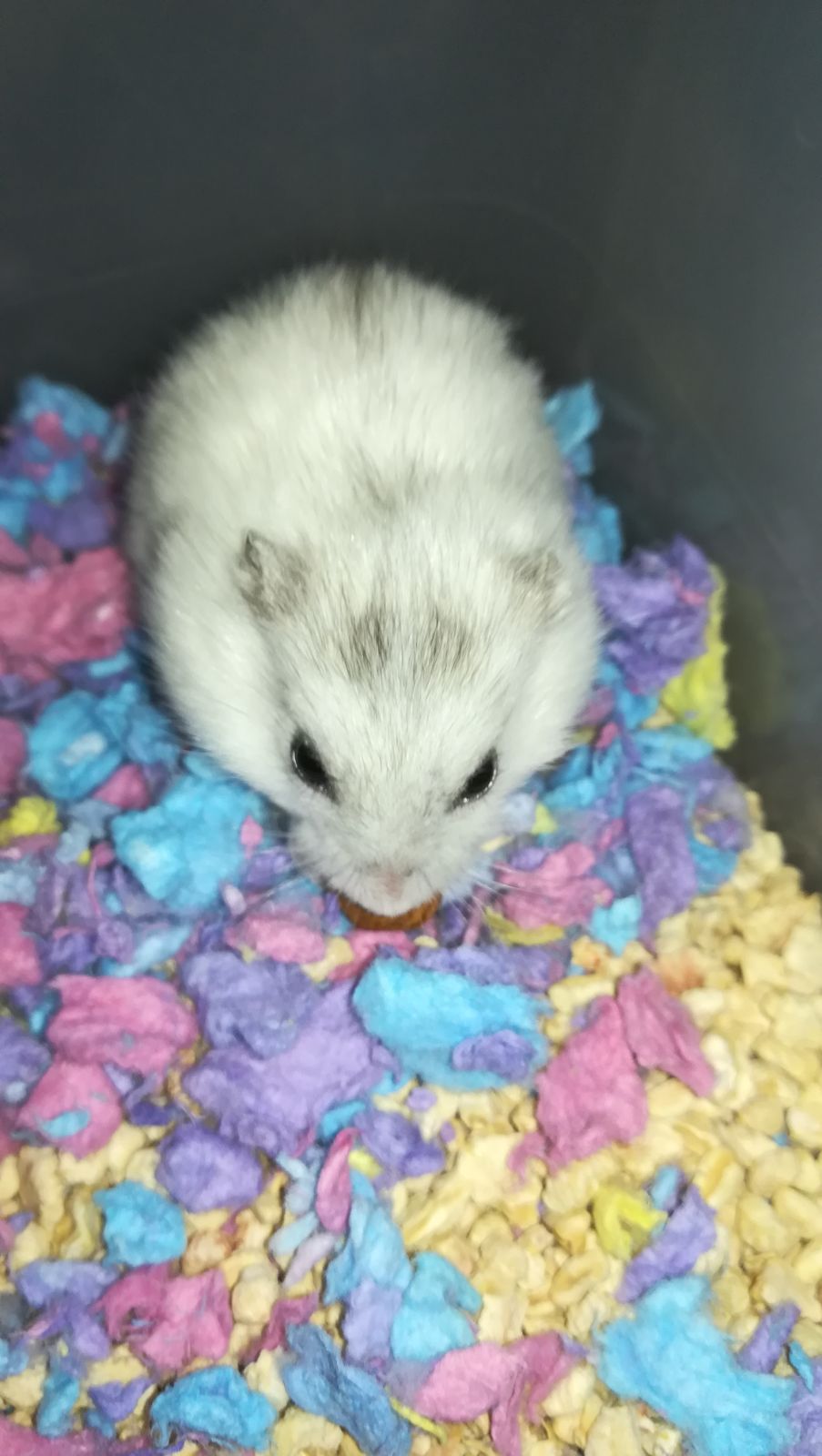Carol Wilkinson, an avid hamster lover and a licensed pet behaviorist, has dedicated more than ten years to exploring and caring for these small mammals. Her comprehensive knowledge and practical experience set her as a trusted expert on hamster care, health, and creating suitable environments. She contributes her expertise to Hamster Now, your comprehensive guide to everything about hamsters.
Welcome to the fascinating world of dwarf hamsters! These tiny, endearing creatures, whether they're Russian, Robo, Chinese, or Winter White Dwarf hamsters, are known for their captivating charm. But when it comes to hamster companionship, do these little furballs prefer solitude or the company of their kind?
Understanding the social behavior of dwarf hamsters is a crucial part of their care. It's a common misconception that all hamsters are solitary. While some species indeed prefer to live alone, others, like the dwarf hamsters, can sometimes live in pairs or small groups. However, it's not as straightforward as it seems. There are factors at play, such as their age, gender, and individual temperament, that can greatly influence their compatibility with other hamsters. You can learn more about this in our comprehensive guide to understanding hamster behavior.
So, before you consider bringing home a second dwarf hamster or separating your existing pair, it's important to understand their unique social needs. Remember, the goal is to create a comfortable and stress-free environment for your tiny friend. To achieve this, you might need to consider the right hamster cage setup. Now, let's delve deeper into the intriguing social dynamics of dwarf hamsters.
🐹 Solo or Duo? Decoding Your Dwarf Hamster's Social Preferences
When it comes to the question of companionship, dwarf hamsters are quite unique. Unlike some pets that thrive in the company of their own kind, dwarf hamsters have a more solitary nature. Whether we're talking about Chinese dwarf hamster care or Russian dwarf hamster care, it's important to remember that these little creatures value their personal space. They're fiercely independent and often prefer to live alone.
Does this mean your furry friend is antisocial? Not at all! Dwarf hamsters can exhibit a wide range of behaviors, and while they may enjoy their solitude, this doesn't mean they don't appreciate your company. They might not crave the companionship of another hamster, but they certainly enjoy interacting with their human friends.
While considering robo dwarf hamsters care or winter white dwarf hamsters care, it's crucial to respect their solitary nature. Overcrowding can lead to stress, territorial disputes, and even fights. So, when setting up your hamster's habitat, whether you're pondering how much bedding do dwarf hamsters need or the best hamster cage bedding, remember: one hamster, one cage is often the best rule of thumb.

🔍 Unraveling the Mystery: What Shapes Your Dwarf Hamster's Social Behavior?
When it comes to dwarf hamster care, understanding their social behavior is crucial. While some animals thrive in the company of others, dwarf hamsters have a different story to tell. So, do dwarf hamsters prefer to live alone or with a companion? The answer isn't as straightforward as you might think.
Generally, dwarf hamsters are solitary creatures that value their own space. However, certain factors can influence their compatibility with others. For instance, gender plays a significant role. Male dwarf hamsters tend to be more territorial than females, making them less likely to accept a cage mate. On the other hand, females can sometimes cohabitate peacefully, especially if they've been together since a young age.
Speaking of age, younger hamsters are typically more adaptable to sharing their habitat than older, more set-in-their-ways individuals. And then there's the matter of the specific breed. Chinese dwarf hamsters care about their territory more than Robo dwarf or Russian dwarf hamsters, making them less suitable for shared living arrangements.
So, as you can see, there's no one-size-fits-all answer. The key is to closely observe your hamster's behavior and make a decision that ensures their comfort and happiness.















